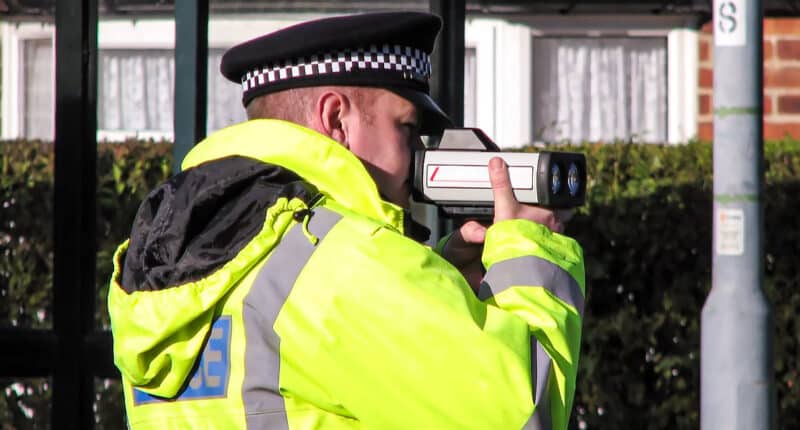A radar detector is something many people consider installing in their cars, but with gadgets like these, the issue of legality comes up. The same is true for speed camera snoopers.
Laws vary from country to country, and while radar detectors are illegal in most countries in Europe, the United Kingdom differs. Let’s look at the legal status of radar and speed camera detectors in the UK.
Laws in the United Kingdom for Radar and Speed Detectors
There are no laws prohibiting radar and/or speed camera detectors in England, Wales, Scotland, or Northern Ireland.
It is therefore legal to install and use said devices in your vehicle if you live in the UK. However, there is more to tracking speed than just cameras and radar guns.
Types of Speed Detectors
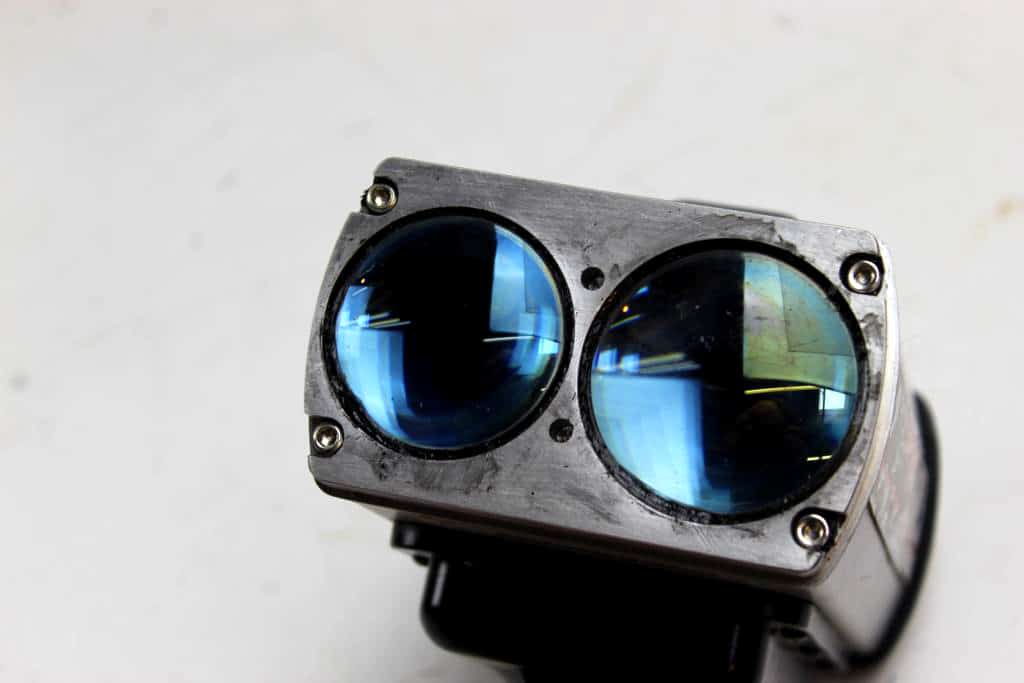
Police use either radar or LiDAR to detect a vehicle’s speed, and it is important to note that not all radar detectors will alert the driver of a LiDAR signal.
This means that even in a perfect world with a 100% accurate radar detector (which is not possible), you still run the risk of being detected by another method.
Here’s some basic information about radar detectors:
- Radar stands for radio detection and ranging
- Can be used when stationary or while moving
- Casts a wide cone shape, leading to difficulty in pinpointing a single vehicle in heavy traffic
LiDAR works a bit differently, here’s how:
- LiDAR stands for light detection and ranging
- Can only be used when stationary
- Casts a very accurate beam, making it easier to track single vehicles than radar
- Lighting conditions can impact functionality, such that the angle of the sun, or darkness, can lead to inaccurate readings or no readings at all
Why Types of Speed Detectors Matter
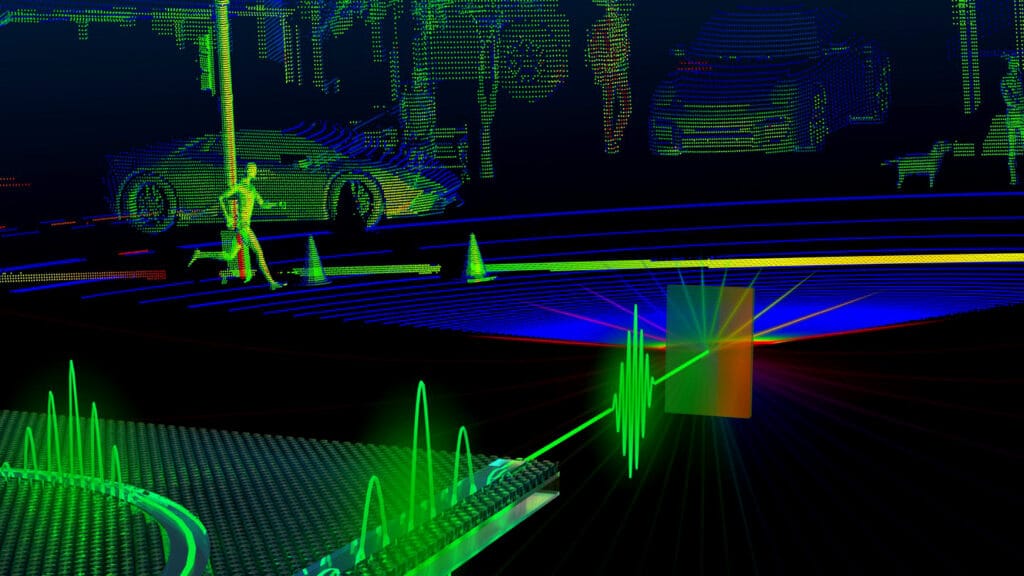
Police officers might use radar or LiDAR detectors, and while radar is less accurate and hindered by traffic, LiDAR is much more precise but can be affected by lighting conditions.
What this means is that a radar detector cannot account for every situation, not to mention that the lack of precision for radar goes both ways.
If you have a radar detector installed, it is possible it will fail to detect radar devices in use or even give you a false alarm.
Other things, like traffic sensors and even driver assistance technologies make use of radar, so your device might alert you to a nearby radar that is not actually a police officer’s radar gun.
Types of Radar Detectors
You can purchase corded, cordless, or remote mount radar detectors. The corded and cordless options are typically mounted on your windshield, while the remote mount devices are installed out of sight and have controls under the dashboard.
Corded and cordless radar detectors are easily installed and uninstalled, allowing you to move them between vehicles, or just swap it out when you get a new car.
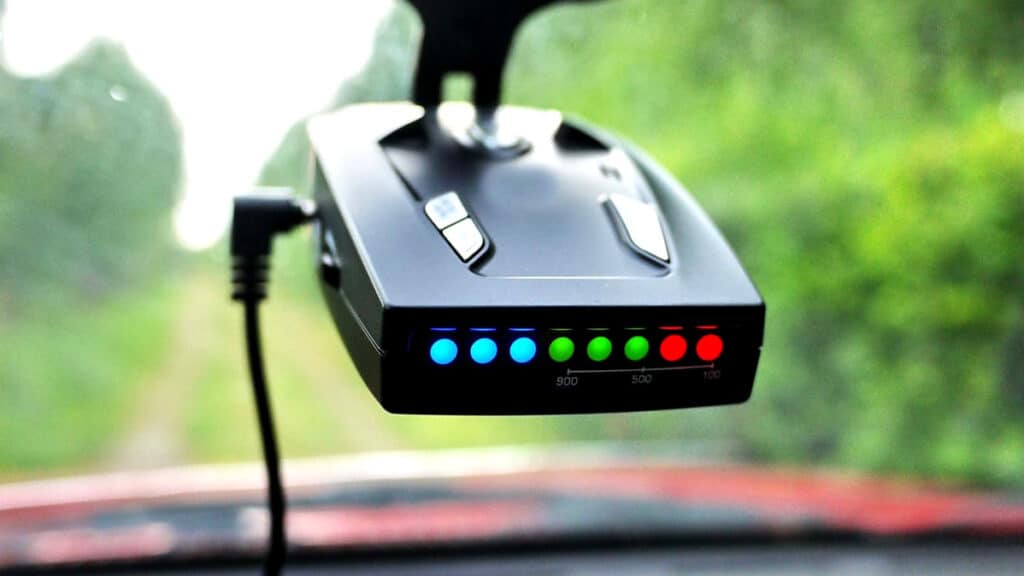
The remote mount radar detectors, on the other hand, are intended to be a more permanent installation. In fact, it is often recommended you get a professional to install the system for you to ensure it is done properly.
Features of Radar Detectors
Important considerations for radar detectors include their effective range, GPS availability, smartphone connectivity, and the frequencies they can detect.
Shorter range radar detectors will be more affordable than longer range options, but come with the obvious downside of having limited information about your surroundings.
If you buy a radar detector that comes with GPS, this can help with locating traffic sensors and other radar operated systems, which can be beneficial in deciding whether an alert is valid or simply a false alarm.
Smartphone connectivity is especially useful because you can often get information from other drivers in the system, meaning you might get alerts for radar guns that you would not have been alerted of otherwise.
For example, you might be warned of a radar gun several km ahead or a radar gun that is outside your device’s effective range.
What about LiDAR?
While some radar detectors do come with a laser detection ability, they are often not very helpful. This is because by the time you do actually get an alert, the police officer has already measured your speed.
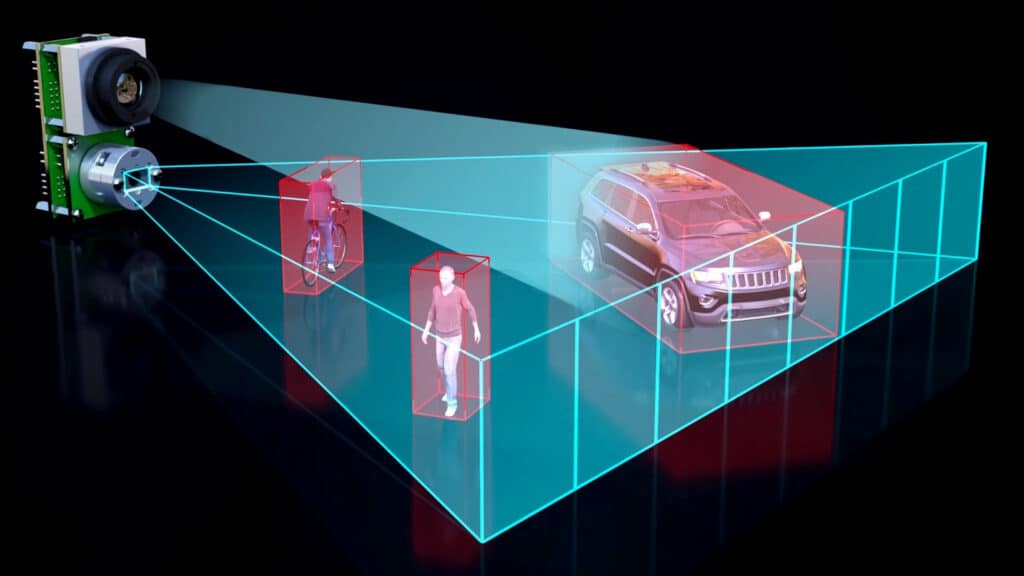
So if you happened to be driving above the posted speed limit, you are out of luck!
Recall that as compared to radar, LiDAR is very narrow and precise. Because of this, your radar detector might not even go off when you are being targeted by the laser, giving you no information at all.
Knowing this, you might begin to wonder about the possibility of scrambling, or jamming, the laser’s signal.
Are Laser Jammers Legal in the UK?
The legal status of laser jammers is confusing. It is not explicitly illegal to buy and use a laser jammer in the UK, but this does not mean you can freely use them. In fact, UK residents have been fined and even arrested for using laser jammers!
The reason this is possible is because individuals are charged not with owning, being in possession of, or using the laser jammer, but for perverting justice. When a driver uses a laser jammer, it actively prevents a police officer from doing their job.
It is intended to circumvent the law altogether by disabling the laser jammer, and this is the crime that a person can be charged with.
In the UK, perversion of justice can lead to life in prison. While it is probably overly dramatic to imply you would face life in prison after using a laser jammer one time, you can still be jailed, fined, and made to attend court.
It is not worth the risk, despite the lack of an official law forbidding laser jammers.
Summing It All Up
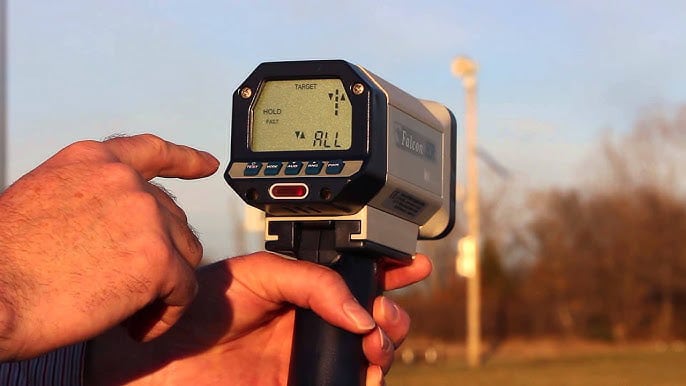
In the UK, you can use radar/speed camera detectors legally, which is not true in other parts of Europe. If you decide to purchase one, you want to consider its range, frequencies of operation, and features like mobile connectivity and GPS.
However, even if you buy a high-end radar detector, you will not have a completely accurate device. Radar is used by other systems and therefore your detector might go off when there is no police officer with a radar gun in the vicinity.
Police use LiDAR in addition to radar, further complicating matters. While many radar detectors come with the ability to detect laser signals, they are often ineffective because they either:
- Do not actually detect it, and
- Only detect it when it is too late, making them useless.
Laser jammers are not illegal, but if caught using one, you can be charged with the perversion of justice due to preventing authorities from carrying out public justice.
UK citizens have been caught, fined, and jailed for using laser jammers, so it is heavily advised to not use them.
If you want to install something in your car to detect speed cameras, traps, and the like, go with a radar detector.
Do not, however, attempt to scramble, jam, or disable the signals coming from the radar or laser devices, as this can lead to legal trouble that can end up being severe.
What’s your take on radar detectors and laser jammers? Let us know by leaving a comment below!
